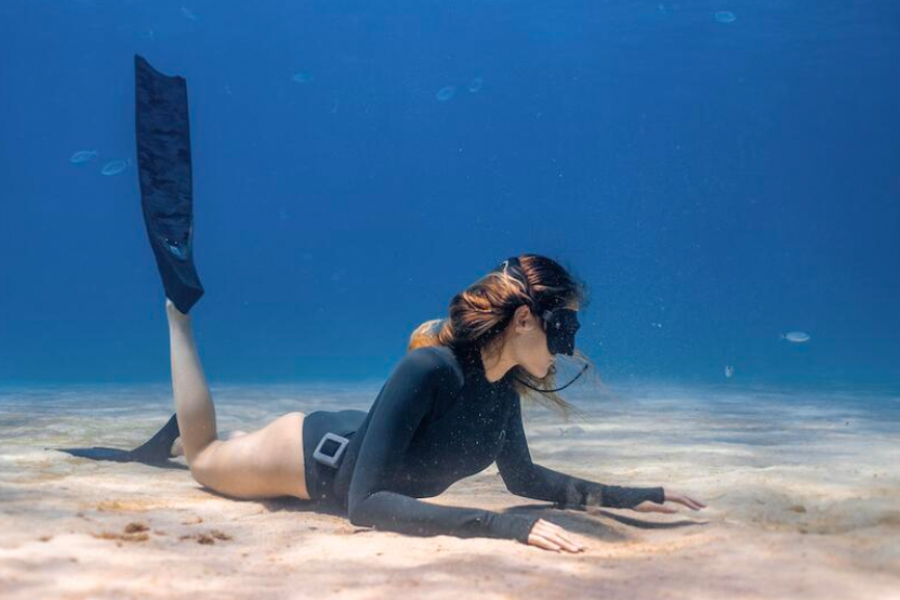Hangovers and freediving, two seemingly disparate experiences, often intersect in the realm of endurance. While the former is universally understood as a side effect of a night of overindulgence, the latter is an extreme test of human stamina and discipline under the ocean’s depths. Yet both share a common link – they bring into focus the silent, often overlooked impacts of alcohol on fitness. Regular alcohol consumption could be secretly impacting your fitness goals, beyond the immediate effects of hangovers or the intense pressure experienced while freediving. Unbeknownst to most fitness enthusiasts, regular alcohol consumption could be secretly undermining their fitness goals, exerting a more profound effect than anticipated.
Unseen Impacts of Alcohol on Fitness:
Firstly, the endurance and energy levels that once made your workouts exhilarating can take a massive hit from regular alcohol consumption. Alcohol can affect the way your body metabolises energy, leaving you feeling lethargic and underpowered during your training sessions.
Cardio performance, the powerhouse of any fitness regimen, is not immune to the impacts of alcohol either. The vascular system’s efficiency reduces with alcohol intake, leading to suboptimal oxygen delivery to your muscles, thus diminishing your cardio output.
Moreover, the quality of your sleep is heavily impacted by alcohol. While a nightcap may seem like a swift route to dreamland, it disrupts the REM cycle – the deepest and most restorative phase of sleep. This disruption means less time for your body to heal and restore itself, negatively affecting recovery and performance.
Alcohol can also cause dehydration, as it is a diuretic. This dehydration reduces your performance, as your muscles and other bodily systems do not function efficiently without adequate hydration. This could also lead to cramping during your workouts, making it more challenging to reach your fitness goals.
Further, reaction times are affected by alcohol consumption. Even when you’re not immediately under the influence, your cognitive function may be dulled, reducing your agility and coordination.
Lastly, there’s a darker side to this story. Regular alcohol consumption makes you more at risk of complications from injuries. Alcohol can slow down the healing process and exacerbate the damage, making it harder for you to bounce back after an injury.
Much like the Apnea Boom in Cabo Verde, where the local population suddenly took to freediving as a thrilling, rewarding activity, our understanding of the impacts of alcohol on fitness has evolved dramatically. It’s no longer just about hangovers or immediate intoxication; the stealthy influence of alcohol on your fitness is far-reaching and perhaps, more damaging. The goal isn’t to induce fear but to encourage informed decisions about consumption, especially for those dedicated to their fitness journey. By becoming aware of these unseen impacts, you can better balance your lifestyle choices and achieve your fitness objectives with the same aplomb as the Apnea Boom divers in Cabo Verde.

